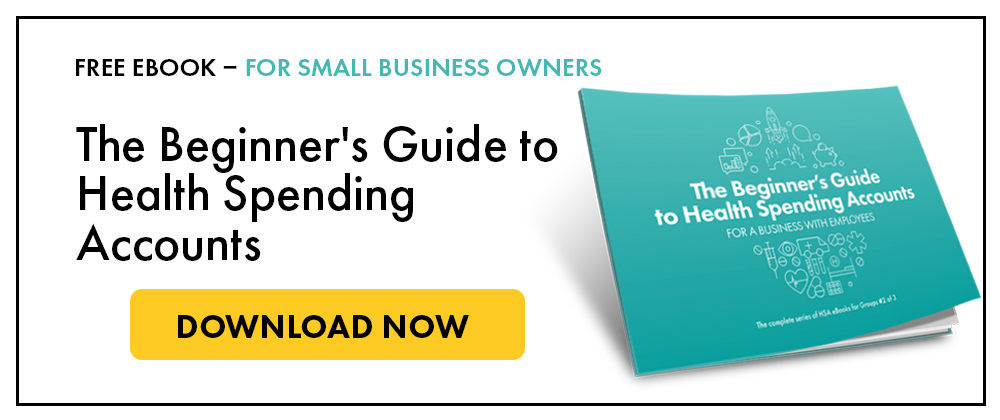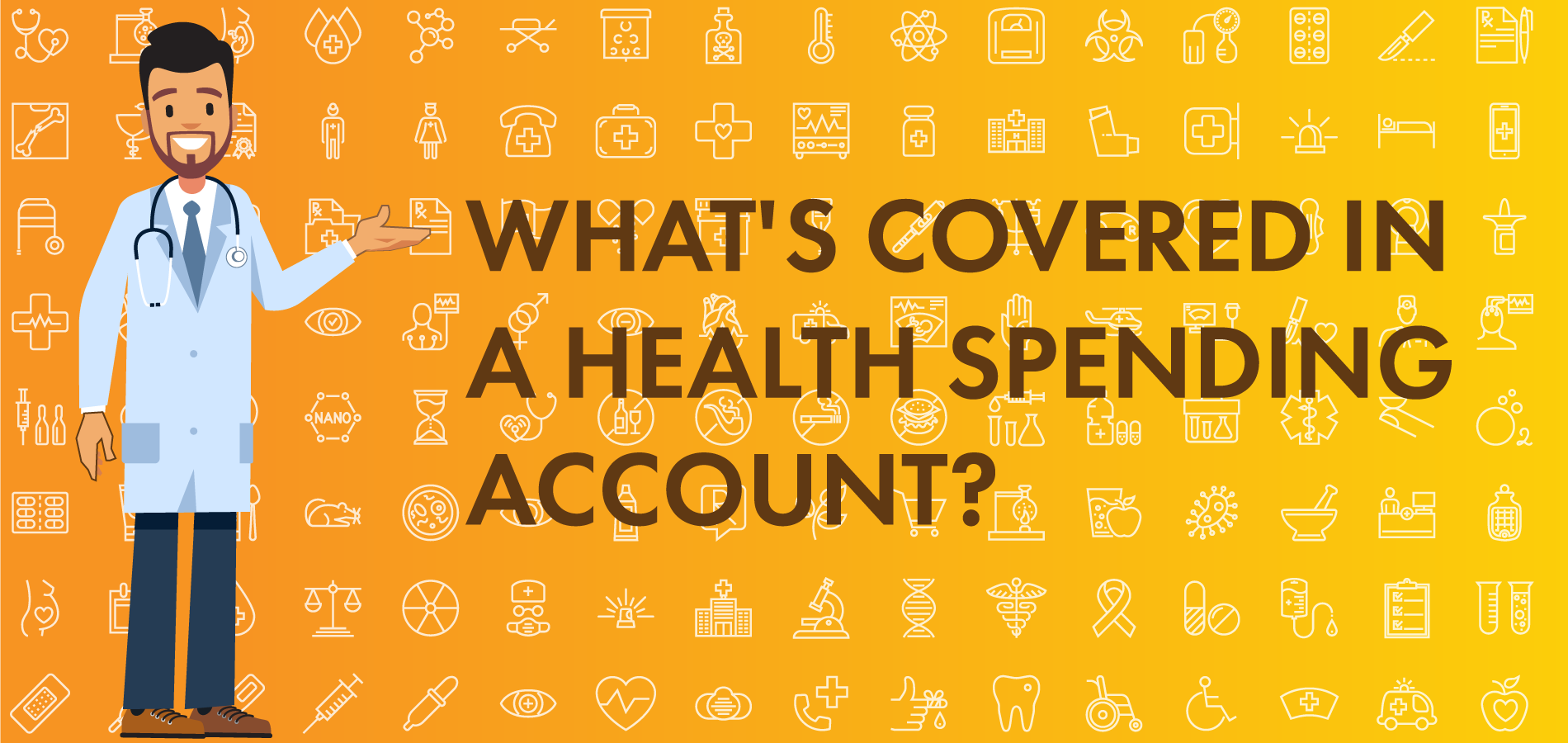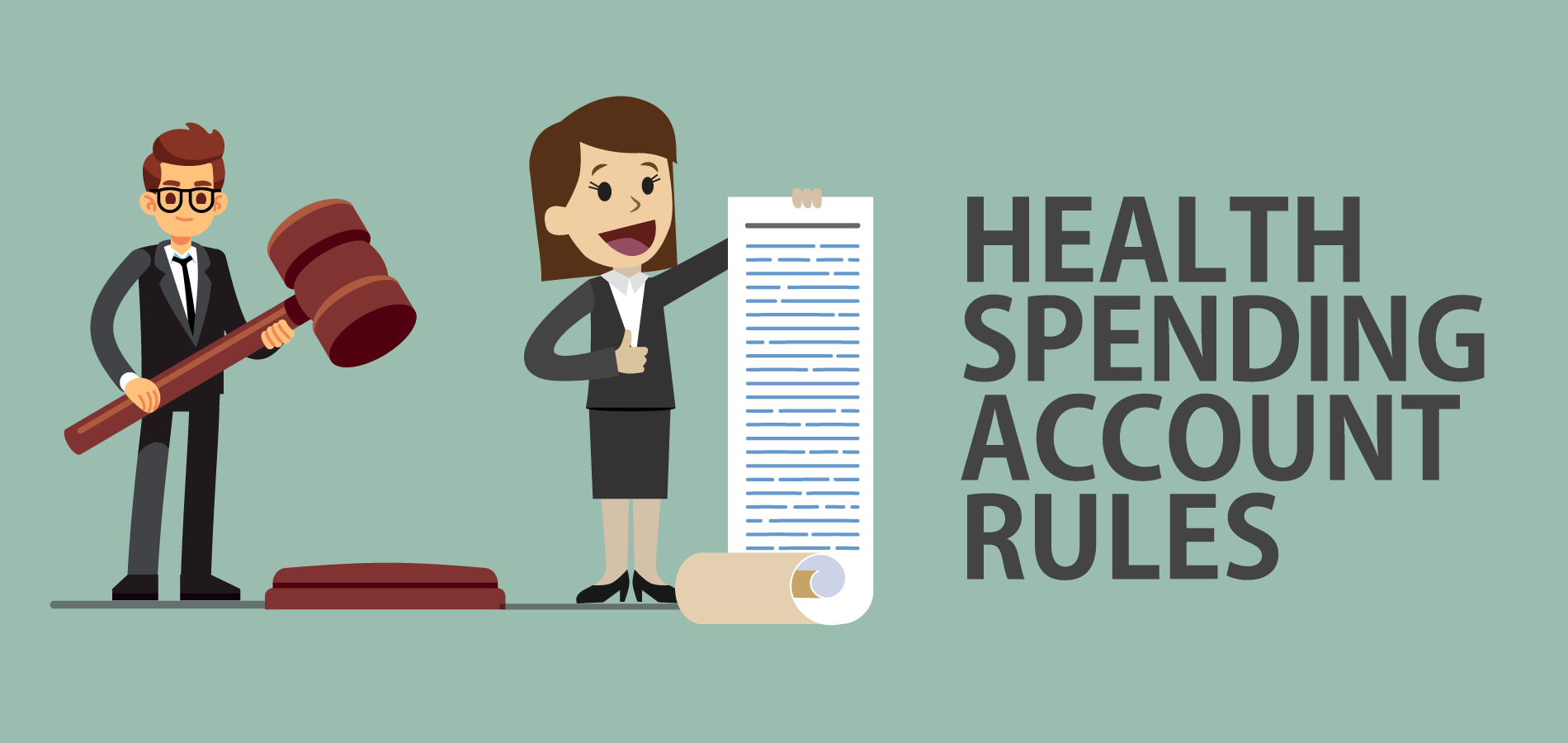Group health insurance is an arrangement set up by an employer to provide tax-free benefits to an employee. These plans are technically known as Private Health Services Plans or a PHSP and are often marketed and sold as health and dental insurance. This leads to an expectation on the part of employers and their employees that there will be coverage for everything related to health and dental services. This is a setup for high premiums and unmet expectations. In this article, you will learn the answer to "Why is group health insurance so expensive?"
What is health insurance?
To help answer this question, we need to define insurance. An online dictionary defines it this way: “Insurance is coverage by contract whereby one party undertakes to indemnify or guarantee another against loss by a specified contingency or peril.” The online dictionary’s definition of peril is “serious and immediate danger".
Therefore, insurance is the transfer of risk away from the person or the insured to an insurer in exchange for a premium. The insured agrees to pay the premium in exchange for the promise to be reimbursed by the insurer if the unplanned event or peril happens in the future. Fire insurance on your home is a good example of insurance. For most Canadians, the loss of a person’s home to fire is a catastrophic financial event.
Health and dental services fall outside of the above definition of risk and insurance. Events such as chiropractor, massage therapy, naturopathy, physiotherapy, dental, vision and occasional prescription drug expenses are not financially catastrophic. They are not insurance events. They are planned events and maintenance events.
Paradigm Shift
Understanding why group health insurance is so expensive requires a paradigm shift to clear out the confusion about what can be insured and what cannot.
The first shift is the understanding that routine health and dental services are not insurance events. They are planned and unplanned maintenance events.
The second shift is the understanding that insurance is purchased to protect against catastrophic financial events that a person or business cannot afford to retain. Not all risks need to be insured. The decision to insure is really a decision about the ability to retain risk (absorbing the cost of an event) vs. insuring the risk (transferring the risk to an insurance company in exchange for a premium.) Routine health and dental services are a good example of events that a person would retain. Life insurance on the income earner(s) in a family is an example of a risk that should be insured or transferred - a risk that cannot be retained.
The third shift is a basic understanding of insurance and ‘anti selection’. In the insurance world ‘anti selection’ is a situation where the insured has some knowledge of an elevated risk that increases the likeliness of a future claim that is not known or understood by the insurer. Had the insurer known about the risk they may have declined to insure or increased the cost of the insurance to account for the additional risk. Health and dental services and events are almost always know in advance. Both the insured and the insurer understand these events tend to occur and reoccur with a degree of regularity. Both the insured and insurer go into the agreement with this knowledge. How can insurance exist in a situation in which the insured plans an event that they intend to claim? This looks a lot like the concept of anti selection. To mitigate runaway claims, the insurer caps the claim amount at a small dollar limit and restricts the claim frequency and services so that overall, claims paid will be less than premiums paid. These plans are better described as health and dental budget plans than health and dental insurance plans.
When we pull together the three points above, it becomes clear that health and dental events are not events that occur in the context of insurance. Health and dental ‘insurance’ is marketed and sold as insurance but in reality is not true insurance. The majority of claims will be for routine services such as dental check ups, eye examinations and occasional prescriptions drugs. Some of these services can be expensive, but they are not catastrophic financial events. These plans do contain a small element of insurance for unplanned accident and sudden illness events such as coverage when travelling out of country, ground ambulance and private or semi-private hospital accommodation. The percentage of claims and the impact on the premium for these unplanned events is a tiny fraction of overall claims and the cost of these plans.
Related Reading: Do I Need Private Health Insurance in Canada? [The Truth for Small Business Owners]
How to avoid expensive health insurance plans
Most individual Canadians who do not have an employer paid health and dental plan are better off avoiding individual health and dental plans. Instead of paying a monthly premium, keep the money and put it away in a savings account. Or start a monthly systematic savings plan that puts the money aside into a savings account each month automatically. The money will accumulate and can be used to pay for health and dental services as they arise in the future. This will ensure that after tax income is not lost in a premium. Since health and dental services tend to be predictable and repetitive, they can be planned and a budget created to pay for them.
Incorporated business owners should do the same as the individual except take it one step further and set up a Health Spending Account or HSA. These plans allow the business owner to expense all of their their family health and dental bills in their corporations tax-free.
Incorporated business owners with employees should also set up an HSA for themselves and their employees. These Group HSA plans are extremely effective and 100% efficient. All of the money earmarked for health and dental benefits by the employer reaches the employee without exception.
All other catastrophic risks should be insured
Other risks such as death, disability and critical illness should be insured. These are the catastrophic events that lead to bankruptcy, mortgage foreclosure and terrible financial hardship and struggles that no family should ever have to endure. Unfortunately, far too many Canadians get caught up in paying health and dental premiums and miss insuring the risk of death, disability and critical illness.
Public health insurance for catastrophic events
In Canada, health insurance is provided by provincial governments. For example, the cost of doctor visits, hospitalization, surgery and medical treatment for accidents and illness is provided for and paid by the province in which a person lives. In that respect, if you’re Canadian, being treated for a catastrophic health event caused by an accident or sickness is provided and paid for by your provincial government. This includes the cost of many drugs and drug therapies to treat illnesses and ailments.
The residual risk or ‘peril’ from an accident or illness is the interruption of income. Income replacement insurance or disability insurance and critical illness insurance replaces the lost income and provides immediate financial support. If the person dies, life insurance replaces the lost income for surviving dependents and family to carry on. Life insurance is essential if the family is to avoid catastrophic financial hardship from the loss of the family income earner.






